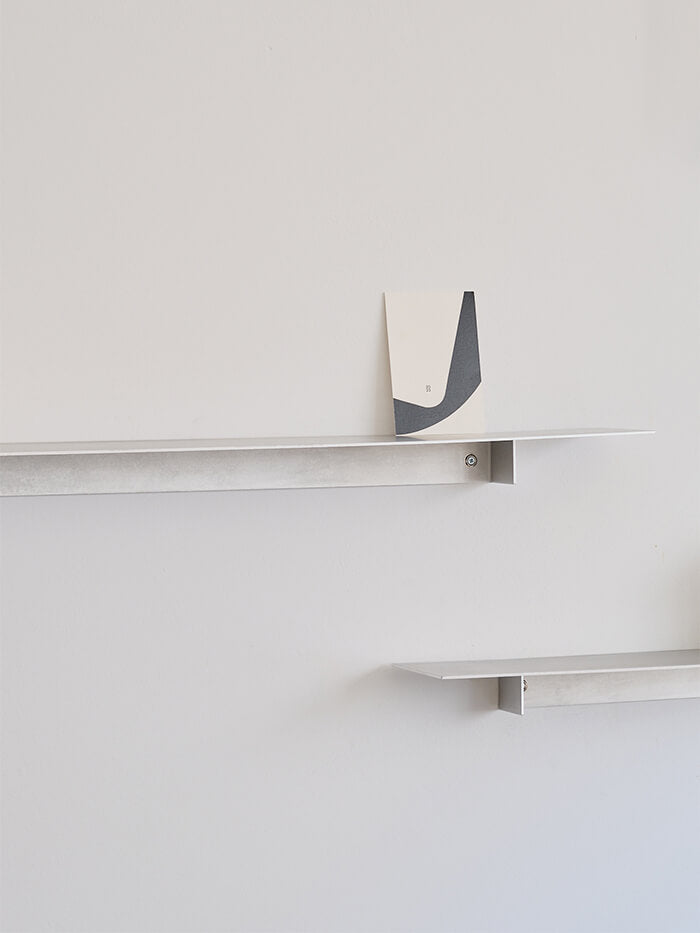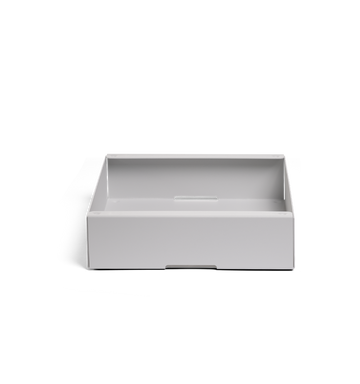Felipa's home stands out distinctly against its surroundings. The restoration work, paired with thorough research into its historical context, has resulted in a remarkably well-preserved modernist house from the 1950s.
Just three months after moving in with her husband and four children, including two recently born twins, the connection with this house grew stronger. A fire broke out while they were sleeping, caused by an old fireplace, and it significantly damaged the house. Despite the setback, it didn't discourage them from staying; in fact, it had the opposite effect: "I could have chosen to leave this old house, but we ended up even more committed to making it our home."
Her attention to detail extends seamlessly to the interiors, which have been curated by someone with a keen appreciation for the best in Portuguese arts and crafts. Every element, from mid-century furniture, including chairs designed by the Portuguese designer Daciano da Costa, to charming details spotlighting the often-unnoticed skills of Portuguese artisans, has been meticulously considered. Felipa brings attention to this as she asks, 'Have you heard about the fishermen who create these metal sculptures?' We haven't, and interestingly, this aligns precisely with the essence of Felipa’s work.
Drawing on her art history background, she is committed to mapping out and showcasing the finest arts and crafts in Portuguese culture. Her dedication extends beyond curating and highlighting overlooked artisans; she actively engages contemporary artists, encouraging them to contribute to the ongoing exploration and reinterpretation of our folklore. Twice a year, we are invited to a "Feira," where she presents the latest discoveries, often focused on a particular typology, whether it be candlesticks or adorned plates. The next one can't come soon enough.
Pictures Matilde Travassos


















